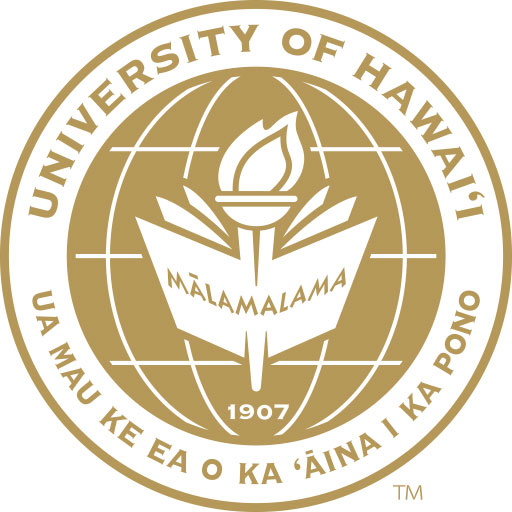UH Study: Domestic Visitors Want to Engage, Pay More For Sustainable Experiences
A new study by the University of Hawaiʻi at Mānoa shows visitors are willing to pay for activities that would benefit the islands they visit.
To help Hawaiʻi’s tourism industry recover from the COVID-19 pandemic, new research from UH-Mānoa suggests a potentially underused form of revenue when it comes to the tourism industry: sustainable experiences.
“The tourists believe that the application of sustainability to the tourism sector is vital to the future of Hawaiʻi and by having more sustainable activities, it presents a concrete way to meet some of the needs of the present tourists without compromising the ability of future generations to enjoy these tourism products,” said study co-author and School of Travel Industry Management professor Jerry Agrusa in a UH press release.
According to the release, sustainable experiences include activities some visitor industry destinations already offer, such as clearing plastics off beaches and planting trees to offset the carbon footprint. According to Agrusa, the research findings could open the door to new sustainable experiences and more jobs for Hawaiʻi’s workforce.
“With these new initiatives, there are opportunities for new positions,” Agrusa said. “I know there’s a number of hotels that started adding in Native Hawaiian cultural practitioners and now also some are adding in sustainable practitioners — not just a one-time to come in and evaluate how they can be more sustainable, but also to be more engaged with the tourists.”
The study, conducted in fall 2021, surveyed a targeted population of U.S. residents who previously traveled to Hawaiʻi; 454 responses were collected and analyzed. The researchers discovered that U.S. tourists felt a strong desire to engage in sustainable tourism when visiting the islands.
When choosing a vacation, they felt a high level of importance that the tourism industry supports environmentally sustainable tourism practices, and U.S. tourists are willing to pay more to support Hawaiʻi’s sustainable tourism products, according to the press release.
“All of them answered that sustainability is important,” Agrusa said. “There has also been a clear shift in what tourists want from a destination. The tourists want to be engaged now in the destination. They do not want to just take any longer, but they want to give back as well.”
U.S. domestic visitors to Hawaiʻi accounted for more than 93% of all visitors by air in December 2021, according to the state Department of Business, Economic Development and Tourism. This is because of in large part the Safe Travels testing program and quarantine restrictions international visitors face upon returning to their home country.
However, pre-pandemic, for example in December 2019, domestic visitors accounted for just more than 71% of visitors to the islands. In that same month, visitors from Japan accounted for nearly 15% of all visitors by air to Hawaiʻi.
“One of the things that we know from the research that we’ve done on the Japanese market, which is our largest international market, is that they are very interested in sustainability — they’re one of the highest groups that want to engage in sustainability practices while visiting Hawaiʻi,” Agrusa said. “Here, we have our U.S. market, which is the largest single market, and the largest international market, they’re very interested in sustainability.”
The inspiration behind this study was the concern of “overtourism.” According to researchers, as revenues from tourism have increased for years, overcrowding in tourist areas has affected Hawaiʻi’s natural resources as well as the quality of life for residents. To preserve the state’s natural resources, the Hawaiʻi Tourism Authority launched its Aloha ʻĀina program, which is part of the tourism agency’s 2025 strategic plan.
“The Aloha ʻĀina program is a way for the Hawaiʻi Tourism Authority to directly support the organizations making a difference in our environment by educating and engaging people in the stewardship of our natural environment,” said HTA Chief Brand Officer Kalani Kaʻanāʻanā.
The study, authored by Agrusa, Østfold University College Professor Catherine Linnes and University of Nevada, Las Vegas, Professor Joseph Lema, was published Feb. 9 in Tourism and Hospitality.
Sponsored Content
Notice: Function the_widget was called incorrectly. Widgets need to be registered using
register_widget(), before they can be displayed. Please see Debugging in WordPress for more information. (This message was added in version 4.9.0.) in /mnt/efs/html/wp-includes/functions.php on line 6114





